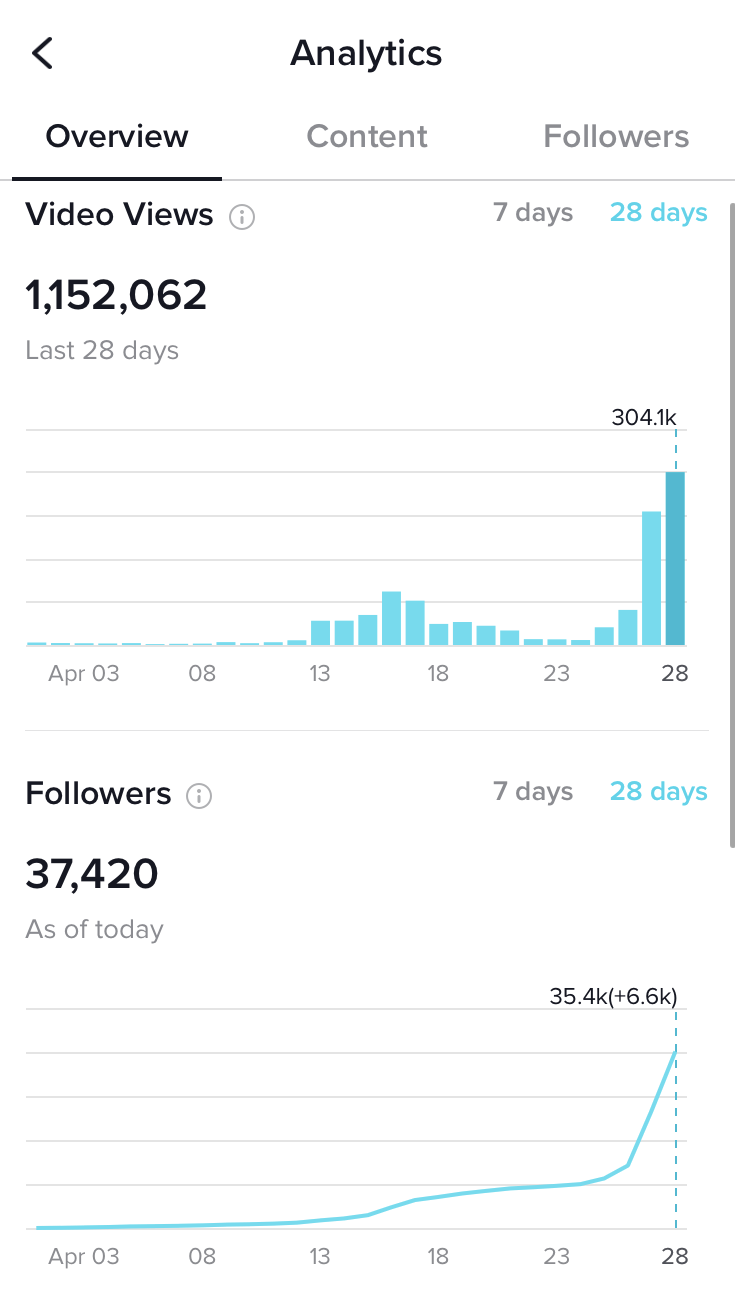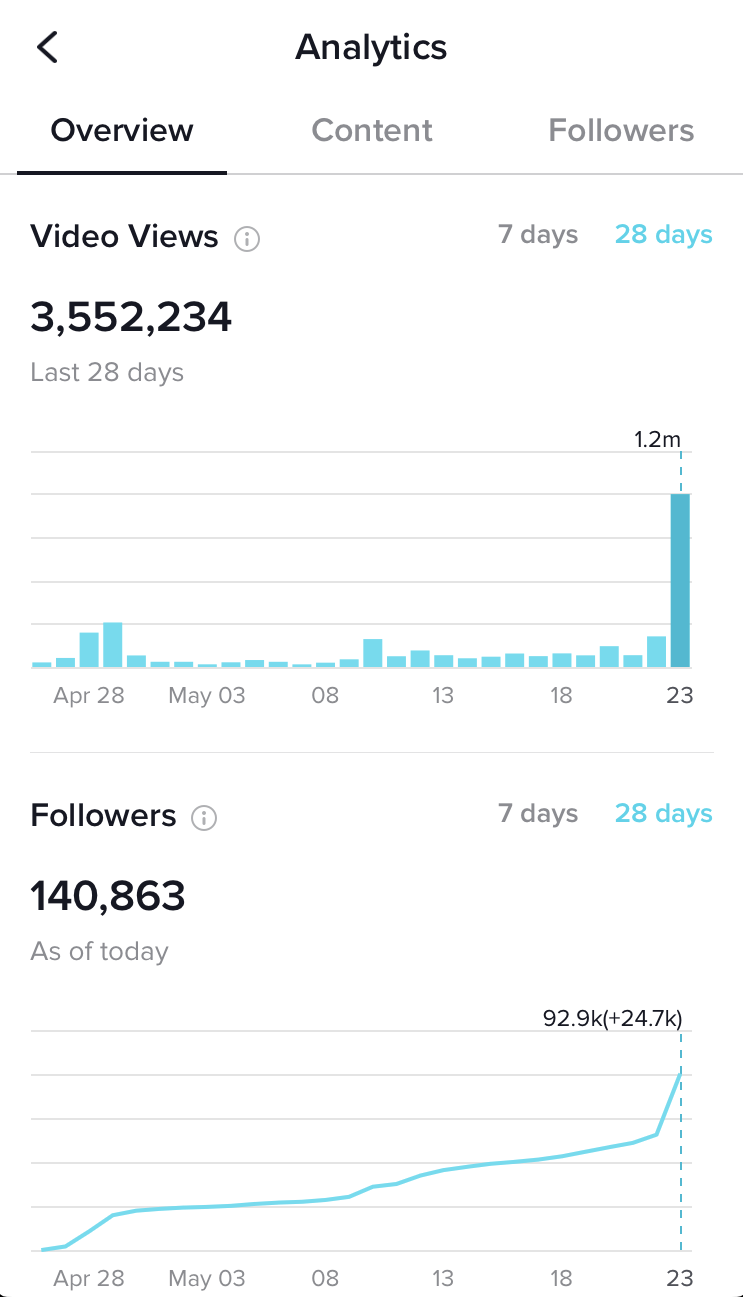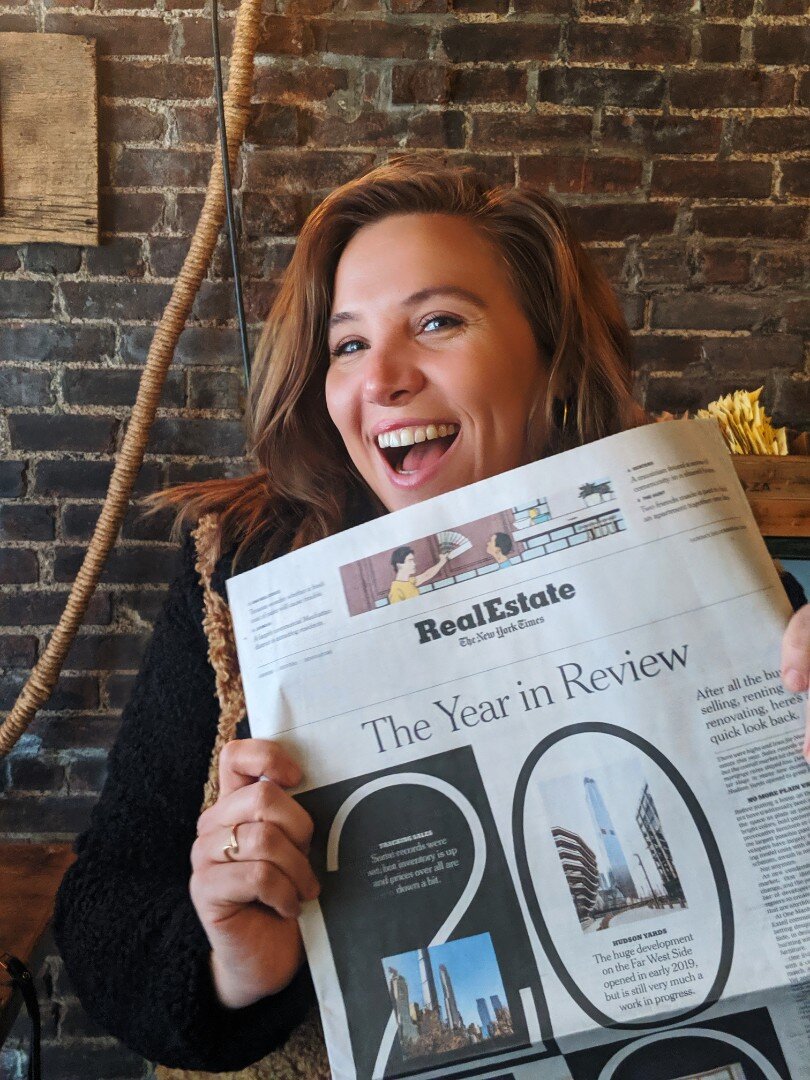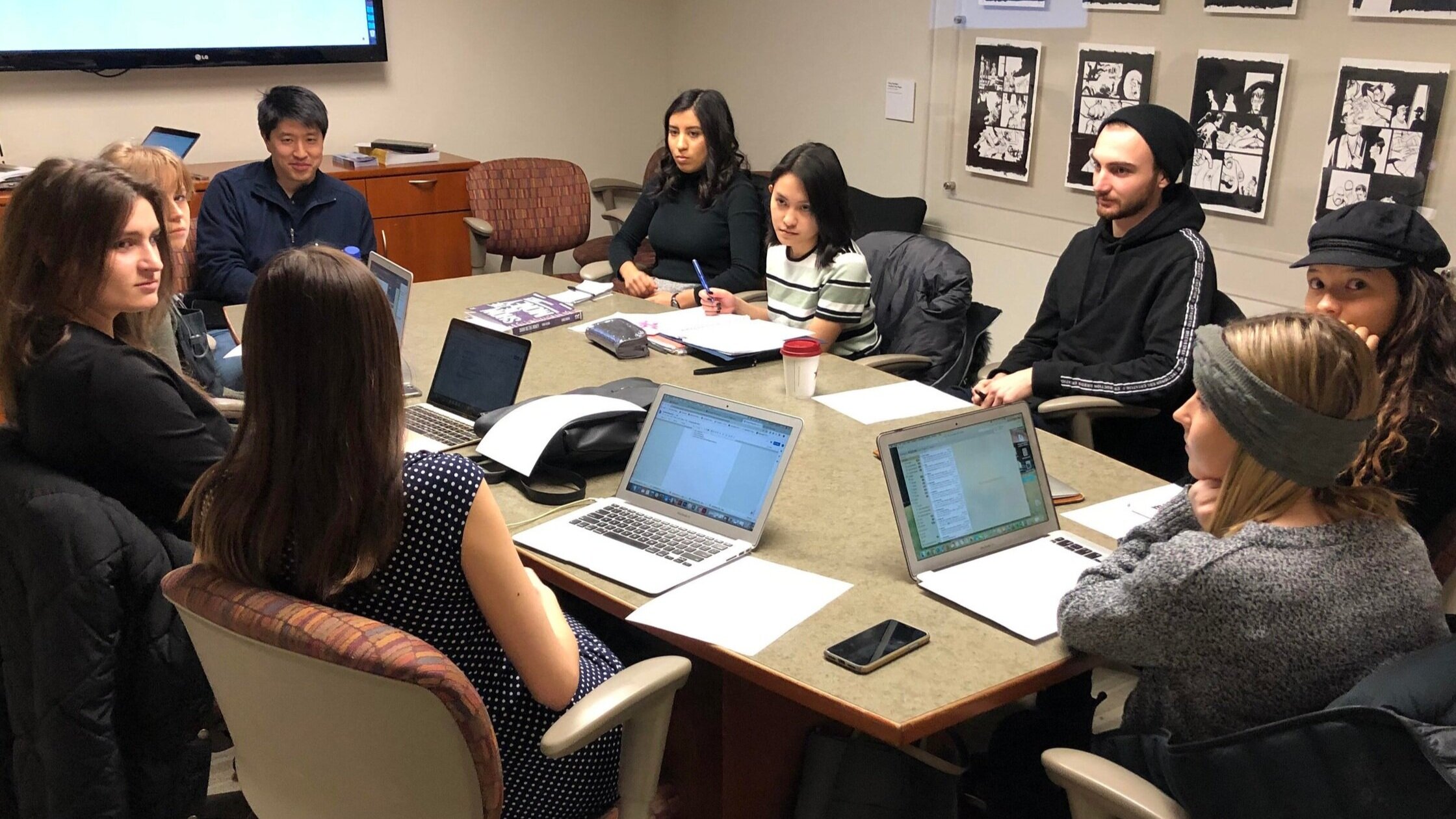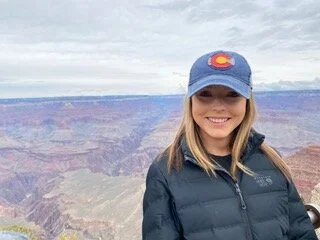By Eloisa Gutierrez
A North Carolina native, recent college graduate and city girl at heart, 21-year-old Rachel Greenland is one of 17 students selected to be a Dow Jones News Fund business reporting intern.
Born and raised in Greensboro, North Carolina, Greenland now has degrees in journalism and public relations from Appalachian State University and a minor in accounting. She intends to use her diverse work experience to place herself in an internship or job this summer.
Greenland is one of a few Dow Jones News Fund interns whose original placement site rescinded its offer due to the coronavirus. Greenland took this in stride, however, applying to over a dozen internships and communications positions from home, with help from the News Fund.
Her search successfully landed her an internship role at Voice of America, under a Europe, Middle East and Latin America correspondent.
“I just am constantly thinking like 10 years in advance,” said Greenland.
Her future-oriented mindset is not new. Since her sophomore year of high school, Greenland had dreamed of making a difference as a business executive.
That dream, however, changed with time. In her senior year, Greenland evaluated her skills and desires.
“I realized ... I like really know how to write. So why don't I just combine this business idea of (being) a world changer in writing?” said Greenland.
That realization -- combined with the discovery of The King’s College NYC Semester in Journalism (NYCJ) -- set Greenland into motion.
She said, “My first or second month of freshman year, I started working every single thing I could to do to set that (NYC semester) up.” And she did.
Greenland joined professor Greg Perreault’s Introduction to Journalism course her second semester, and he helped her plan her class schedule to get to New York by her senior year. Perreault and his wife Mimi are alums of NYCJ’s predecessor, Washington Journalism Center, and are active friends to NYCJ.
At ASU, Greenland reported for the campus newspaper, The Appalachian, eventually serving as its managing editor her senior year. One of her favorite articles featured a podcast studio that was inspired by ASU alumnus, Stephen Dubner, author of “Freakonomics.”
Greenland also worked as public relations chair and webmaster for Sigma Kappa Sorority, participated in The Fund for American Studies and worked as a copy editor and reporter for Sustainable Discoveries magazine.
Eventually, in the spring of 2019, Greenland made it to The King’s College NYC Semester. In Manhattan, Greenland studied, interned at Newsweek on the video desk and embraced a love for the city.
There, she met Paul Glader, director of the News Fund’s business reporting program and an associate professor at The King’s College, who is co-director of the NYCJ program.
In Glader’s business reporting class Greenland said she really got to sink her teeth into business reporting and how a Wall Street Journal reporter approaches a business story. Her NYC semester included an internship at Newsweek, where Greenland pitched ideas for videos that she would script, edit and produce to accompany news articles.
“She was a pleasure to have on our team,” said Jessica Durham, video production manager at Newsweek.
“She always had ideas at our meetings, which was great,” said Durham. “(Greenland) wasn’t afraid to ask questions.”
Overall, Greenland said, that semester “really sparked this desire” to pursue an internship with the Dow Jones News Fund.
The following summer of 2019, Greenland worked as The Washington Times’ foreign desk intern, where she wrote several news stories and in-depth features on crises in Sudan.
Researching, writing and contributing to such powerful stories, said Greenland “(I) really realized the impact that I can have by being a reporter … my goal has always been just to share people’s stories.”
Preparing for her remote training and work, Greenland considers what the current pandemic means for the News Fund’s class of 2020.
“At the end of the day, we’re reporters and we’re supposed to be going into every situation, reaching out to people and being persevering and just trying to find things that might be difficult to find,” said Greenland.
She believes that tenacity will be essential.
“In this extra difficult time,” she said, “I think that’s a characteristic of ourselves that we really need to showcase.”
Until the start of her training, Greenland looks forward to the spring ASU commencement ceremony -- especially because Stephen Dubner will be speaking, said Greenland.
An admirer of Dubner, Greenland said, “I always wanted to go to a college where a celebrity would give my commencement speech and that never happens at my school. I don’t know if people would consider him a celebrity, but he is for me.”
“So if this is what I get for virtually graduating,” she said with a smile, “that’s really fine with me.”
After completing her internship with Voice of America, Greenland will head to the Charlotte, North Carolina, area for a full-time position with Boardroom Insiders as a Research Editor and Analyst. At BI, she will curate profiles of business executives across industries.
To learn more about Rachel Greenland or view some of her work, visit her website at greenlandrachel.wordpress.com.
- Edits and Updates made by MPJI staff.
